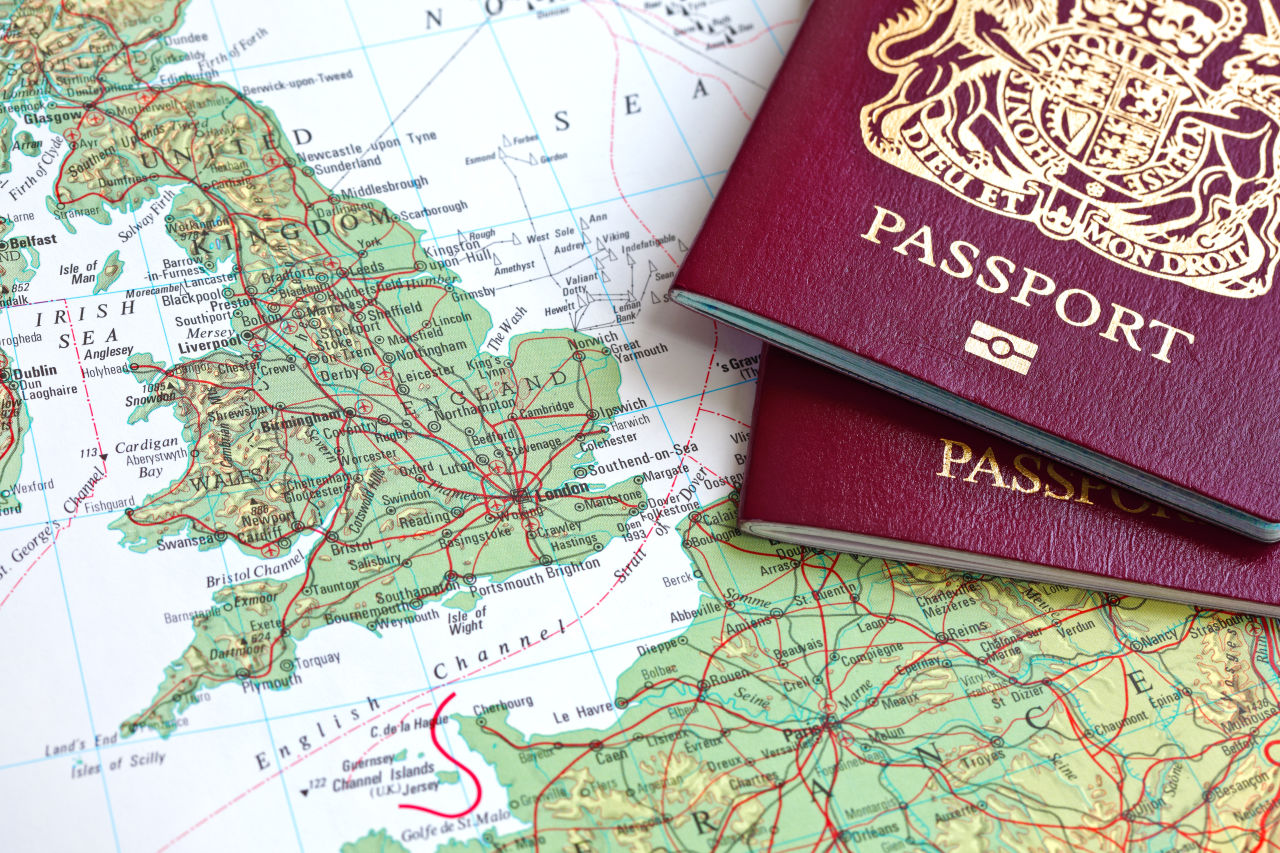

New Travel Rules for Brits: EES & ETIAS - What You Need to Know
The long-awaited digital transformation of Europe’s borders is finally coming into effect and British travellers need to be prepared.
The European Union is introducing two major systems: the Entry/Exit System (EES) and the European Travel Information and Authorisation System (ETIAS). Both will change how Brits enter and exit Schengen countries.
Entry/Exit System (EES) — Starting 12 October 2025
From 12 October 2025, the EU will begin rolling out the EES, a digital border system designed to replace traditional passport stamps. The system will record travellers’ entry and exit times electronically, using biometric information such as fingerprints and facial recognition.
Key points for British travellers:
Phased rollout: EES will gradually become fully operational over six months, expected to finish by April 2026.
Children under 12 are generally exempt from fingerprinting.
Passport stamping may continue at some borders during the rollout period.
The familiar 90 days in any 180-day period rule for short stays still applies.
In practice, EES means that border crossings will be faster and more secure, but travellers should ensure their passports are valid and in good condition for biometric scanning.
ETIAS — Delayed to Late 2026
ETIAS, the EU’s new travel authorisation system, was originally planned to start earlier but is now expected to launch in the last quarter of 2026. ETIAS is not a visa, but it will be required for British citizens to enter Schengen countries once fully operational.
Fee: €20 for travellers aged 18–70.
Validity: 3 years, or until passport expiry (whichever comes first).
Transitional period: Initially, travellers without ETIAS may still be allowed entry, giving time to adjust to the new system.
Online applications will be straightforward, with most approved within minutes, but travellers should apply before their trip.
ETIAS authorisation does not guarantee entry — travellers must still meet all standard entry requirements.
Which countries are included?
Austria
Belgium
Bulgaria
Croatia
Czech Republic
Denmark
Estonia
Finland
France
Germany
Greece
Hungary
Iceland
Italy
Latvia
Liechtenstein
Lithuania
Luxembourg
Malta
Netherlands
Norway
Poland
Portugal
Romania
Slovakia
Slovenia
Spain
Sweden
Switzerland
Which countries aren't included?
Republic of Ireland - Brits will not need an ETIAS to travel to the Republic of Ireland as it is not in the Schengen Area and the two countries have a longstanding Common Travel Area that predates Schengen Area.
Cyprus is also not part of the Schengen area and is expected to be exempt from the ETIAS rules.
We value your privacy
We use cookies to enhance your browsing experience, serve personalised content, and analyse our traffic. By clicking "Accept All" you accept this and consent that we share this information with third parties and that your data may be processed in the USA. For more information, please read our .
You can adjust your preferences at any time. If you deny, we will use only the essential cookies and unfortunately, you will not receive any personalized content.